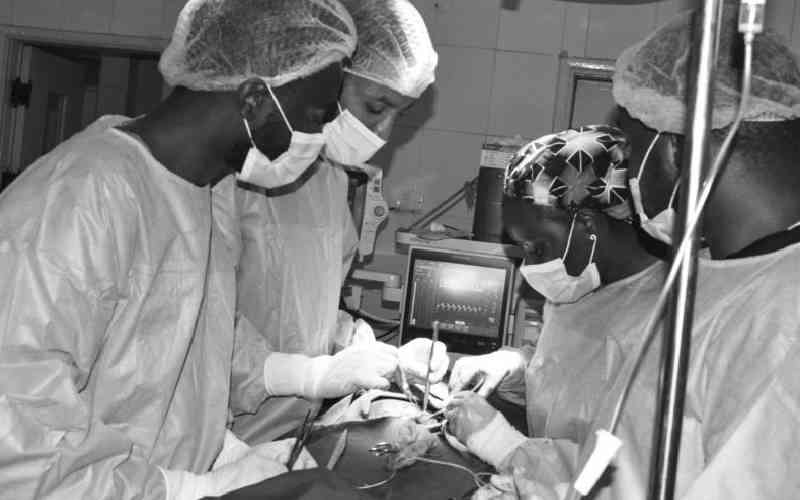
A doctor was in the middle of operating on a one-year-old baby. As the norm with every operation, the anaesthesia team was present, monitoring the baby's oxygen levels.
Suddenly, something was not right, the baby's blood was quickly turning dark brown and within a few minutes, the heartbeat was gone. Was the anaesthesia machine faulty and it could not be detected? A crisis ensued and the operation could not proceed until the problem was solved. This is just an example of how delicate it is to operate on children and the importance of adequate anaesthesia provision.